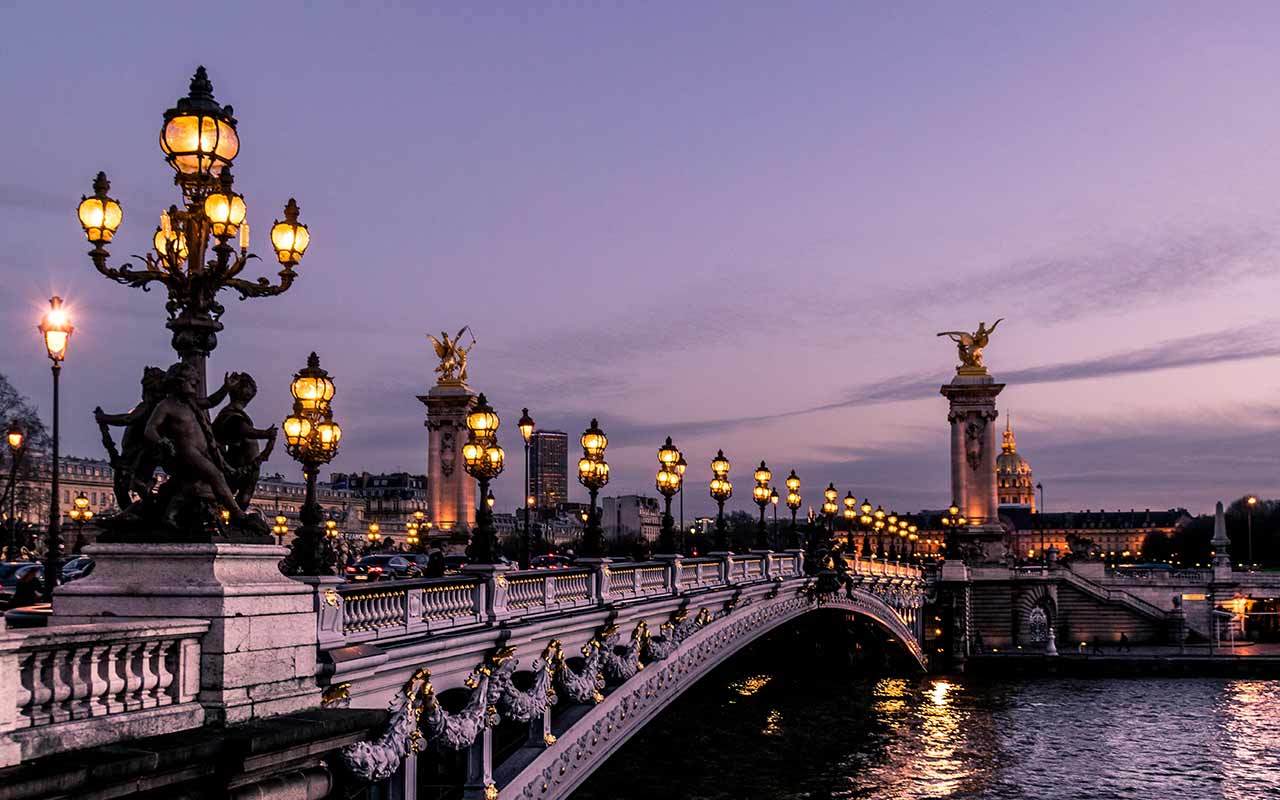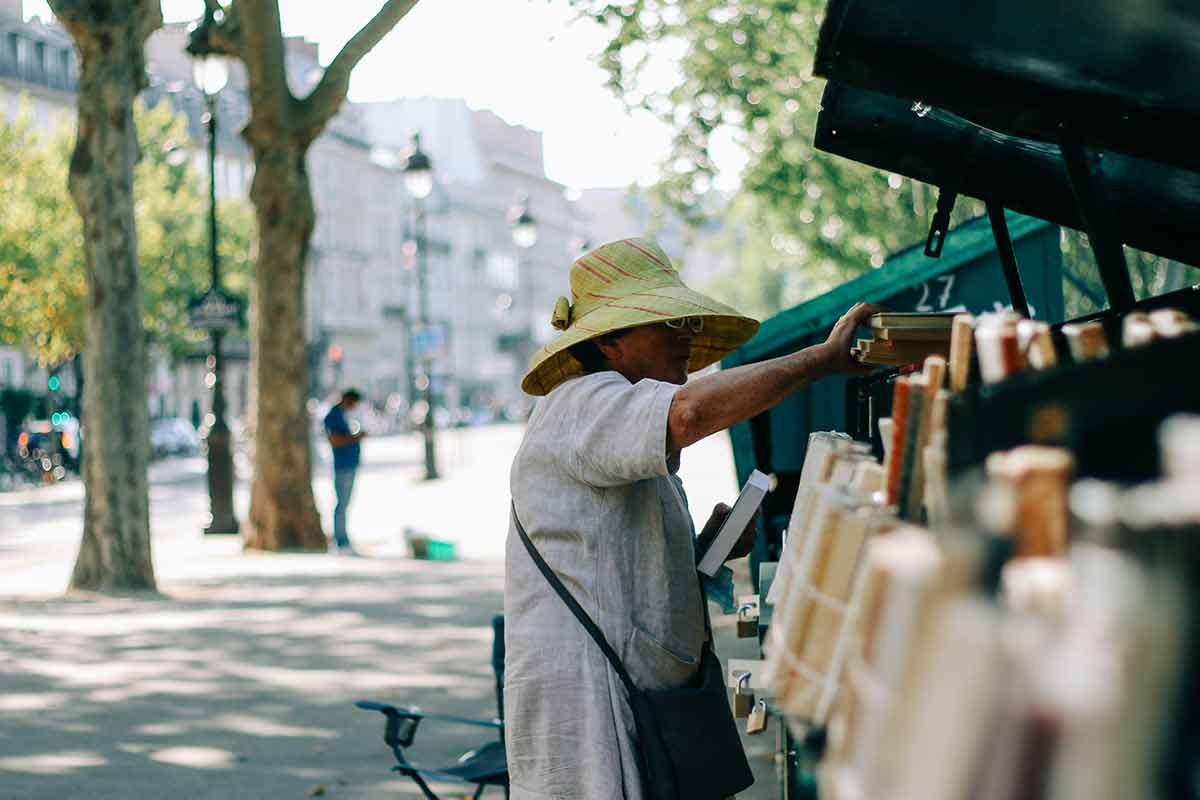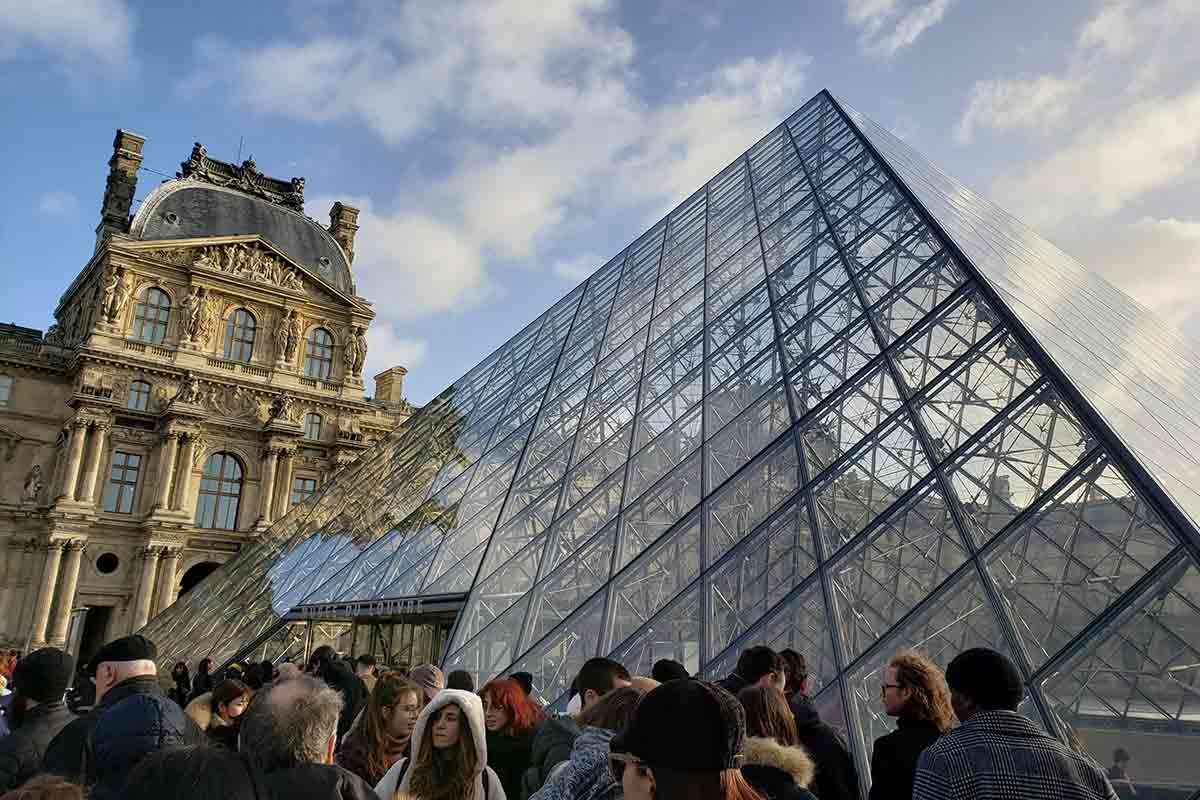
Is Paris safe for new and unsophisticated travelers?
It’s the home of the Mona Lisa, Sacre Coeur, Louis Vuitton… oh, and that big tower everyone loves. Paris is both the capital city and the largest city in France.
Full of recent and medieval history, it has an eclectic array of museums and galleries. It’s also one of the best places in France to study fashion and design.
The big question, however, is whether Paris is as safe as visitors make it out to be. Or, is Paris just another European city with petty crime and scams on the rise?
Table of Contents
Is Paris safe?
In this travel guide, we will cover travel safety in Paris so you can ensure your trip to this European capital is a safe one and so you can avoid some of the common pitfalls that happen to some of the more unfortunate travelers who arrive here.
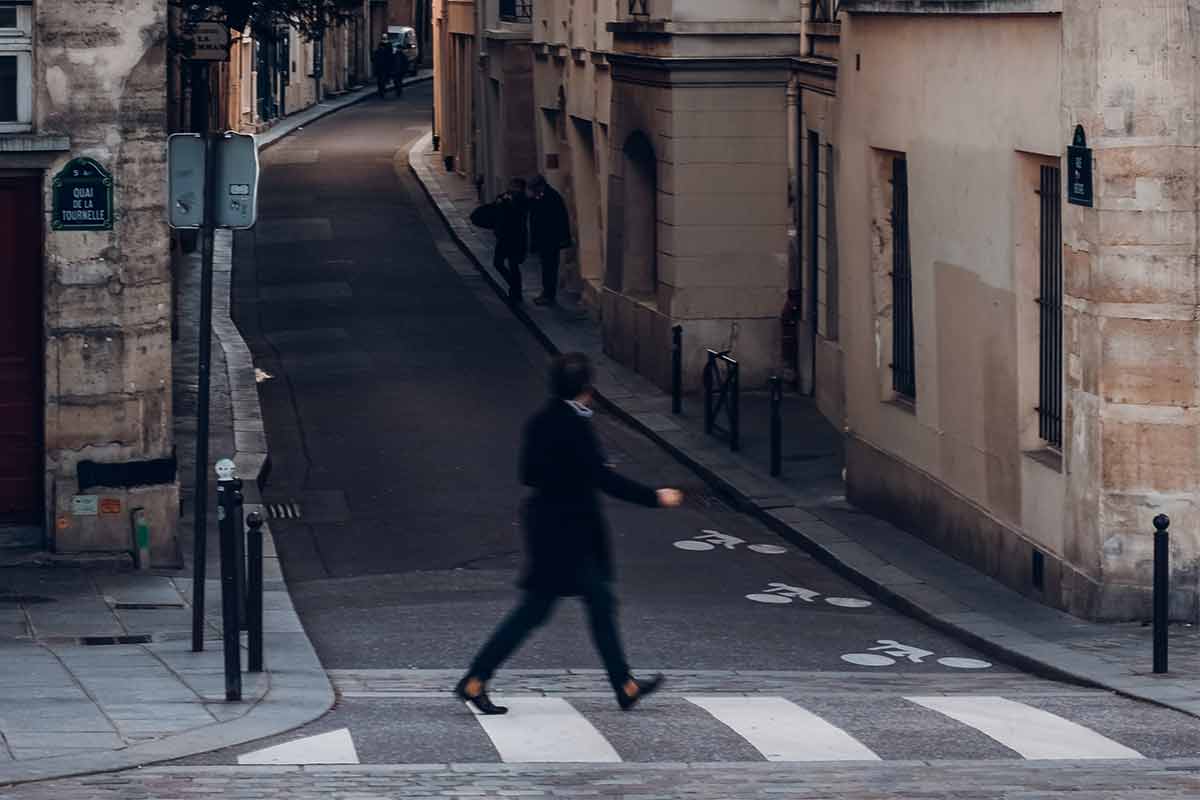
Paris is a smart city that employs innovative techniques to pave the way in residential, business, and commercial energy-saving techniques.
But is it safer than most other European cities? This is one of the most asked questions for new travelers who want to visit the French Capital.
How safe is Paris?
Paris is an interesting place when it comes to the question of safety.
Just like any other European city with petty crime problems, organized crime, and the highest chances of crime happening to visitors is being pickpocketed.
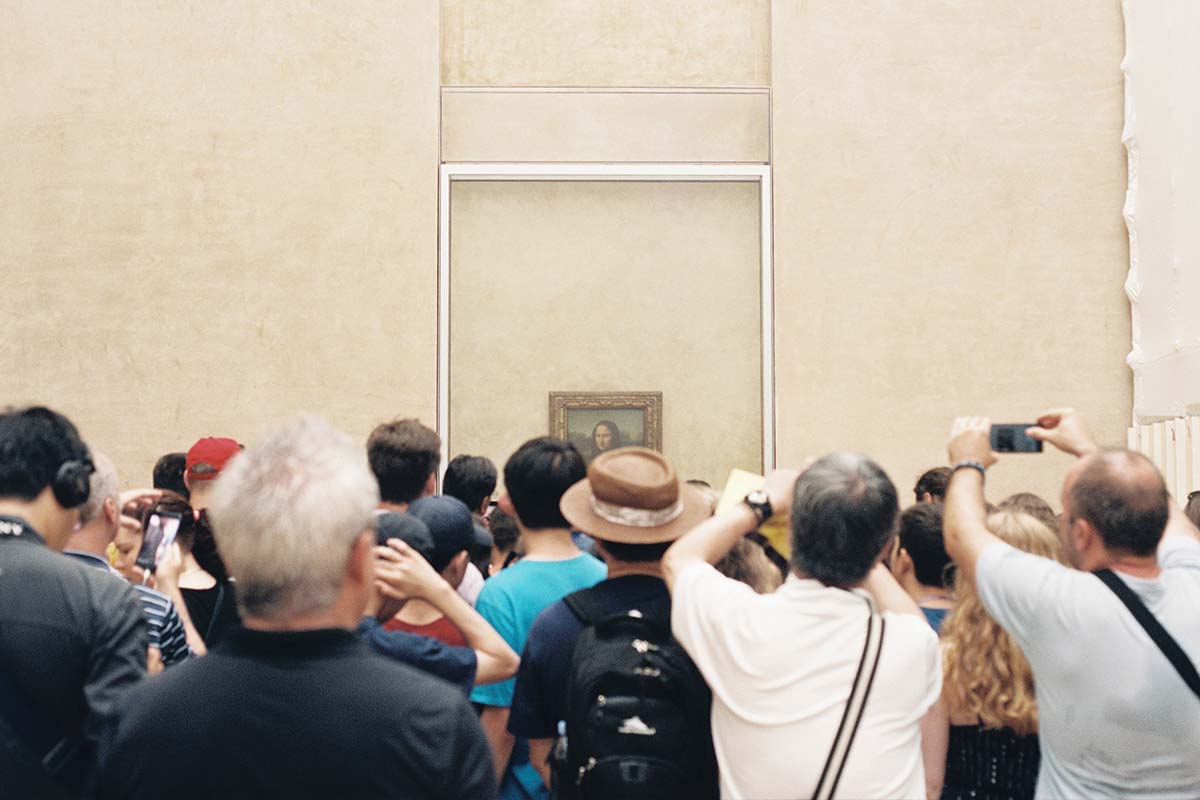
However, it’s still seen by some visitors as a more dangerous place than the likes of Barcelona, Rome or even London in many cases.
This is due to the fact that there is a lot of underground crime such as drugs and trafficking. Tourists have been known to have been accosted by pickpockets.
There are thousands of migrant workers living on the streets but in our opinion, Paris is a very safe city because of just how many tourists visit here.
It’s just like Rome and London, tourists make up a lot of the GDP, so they aren’t typically targeted but in recent years it has been said that the huge influx or immigrants and migrantes is causing a huge social and public safety concern.
If we had to criticize Paris’s tourism, we would say the rat infestation is the biggest problem. Specialists say that over 6 million rats happen to live underneath Paris.
Paris crime rate
- The U.S. Department of State Travel Advisory assesses Paris as being a MEDIUM-threat location and has assessed Bordeaux, Lyon, Marseille, Rennes, and Strasbourg as being LOW-threat locations for crime.
- Since the start of the first national lockdown, burglaries of businesses are up 60 percent and muggings have increased by 2.4 percent.
- Tourists are commonly victims of purse snatching or pickpocketing in high traffic and tourist areas, but violent crimes against tourists are infrequent.
- There are three times as many crimes happening in the USA as in France.
Is Paris safe for tourists?
Yes, Paris is safe for tourists and millions of people visit each year without any issues. You will find that the well-known tourist attractions are some of the safest places in Paris to be because they provide the most security and visibility.
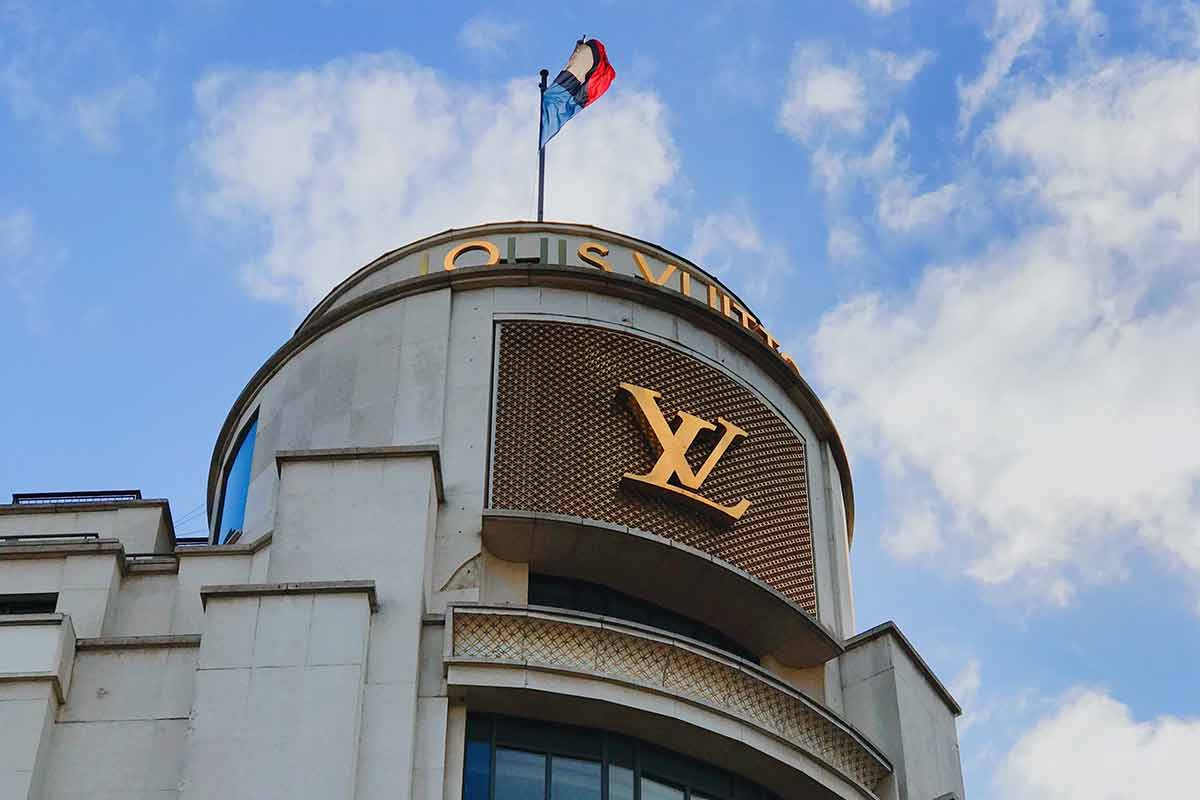
French people and Parisians, in general, tend to be more introverted than Americans or rural English people, and tend to mind their own business.
Travelers who are undecided between Amsterdam or Paris for example, may like the fact that the Dutch are more extroverted and straightforward in their dealings and unlikely to beat around the bush when it comes to interacting with visitors.
Beyond that, Paris is full of activities that are wonderful to do on your own: museums, long walks, photography, patisseries, and window shopping. How does a visit to Opera Garnier sound? It is the most beautiful in the world after all.
Is Paris safe at night?
Yes, you can walk around Paris at night but there are some precautions to follow, just as you would in any other capital city in the world. These include avoiding dark strangers at night and not walking down isolated streets or alleyways.
Avoid some areas of the city such as Pigalle also called ‘the red light district’, the area between the Eiffel Tower and Trocadero, Les Halles and Centre Pompidou, and some metro stations like Gare du Nord and Gare de l’Est.
There is also the eastern and northern area of Montmartre, Bois de Boulogne and the northern side of Villette that is better to avoid.
Is Paris safe to travel alone?
Yes, you can travel solo in Paris and feel safe at all times. Use your common sense and keep an eye on your belongings as petty thieves and bag snatchers target tourists in the most crowded and popular places and on public transport.
No matter where you go in the city, we suggest that you carry a money stash like this one with you to conceal your belongings while you’re out exploring the city.
If you can, aim to avoid the northern parts of the city as well as the stations and Les Halles if you’re moving around alone after dark. If you stick to the main touristic areas, even at night, there’s no reason to be concerned about safety.
Is Paris safe for solo female travelers?
Yes, Paris is also safe for solo female travelers. Book accommodation in the most central areas of the city like Marais, Saint Germain des Prés and Opéra or in what it’s defined as the Golden Triangle area.
Avoid the stations and districts which are far from the city center and that will involve getting on public transport in less frequented areas.
It’s best to not walk around in Pigalle, Champs Elysees, the area of Chatelet and Centre Pampidou and of course, the stations (called ‘gare’ in French) late at night.
If you like the idea of meeting other like-minded travelers Les Piaules is said to be one of the best hostels in Paris for solo female travelers.
Where to stay in Paris
There are some amazing hotels and incredible places to stay in Paris:
- Le Marais: Beautifully kept squares, lush parks with hidden fountains, traditional bistros, and dinky fashion boutiques – if you’re looking for this kind of Parisian romance, the Marais is for you.”
- Saint-Germain-des-Prés: For the five-star Parisian experience, it has to be Saint-Germain-des-Prés. From existentialism to jazz, this is where Paris’s key 20th-century cultural movements thrived, where Godard and Giacometti shared cafés and bookshops with Sartre and de Beauvoir. That golden age lives on in the many independent stores and boutiques, and for authentic café culture, Saint-Germain takes some beating.
- Rue Oberkampf: If you’re looking for some of Paris’s best nightlife, head to the area between Bastille and République, where dozens of bars line the Rue Oberkampf. Here, you’ll encounter everything from fancy cocktail joints to basement dives to sleek wine bars.”
Areas to avoid in Paris
As we mentioned earlier, the heart of Paris is safe for tourists during the day, but to reduce risk, there are certain places you shouldn’t frequent during the night:
- The 19 ° arrondissement for its high crime rate and drug trafficking issues.
- The 18 ° arrondissement near Pigalle, the ‘red light district’ of Paris, for prostitution and low-level bars.
- Gare du Nord station the north side is known for violent crimes.
As a tourist, it’s also better to avoid Paris’s outskirts, especially the in and around the neighborhoods based in the north side of the city.
If you are fascinated by the Pigalle area or staying closeby, why not take part in this special Red Light District Tour so you can dig deeper with a local guide?
Paris: Travel safety tips
Although we can agree that Paris is safe, be sure to take some precautions before and during your stay to ensure that you stay safe no matter what.
Here are some tips to take with you:
- Walking around flashing expensive items and gadgets will attract attention from unwanted petty criminals.
- Don’t show wads of cash when paying for stuff – control how much cash you carry around and use a hotel safe. Also wearing a money belt that is not correctly concealed will attract the attention of pickpockets here.
- Keep your bag close to you at cafes/restaurants, never place your bag in a retrievable position open for passers-by to grab.
- Remember to carry an umbrella and check out this list of things to do on a rainy day in Paris if you’ll be visit during the winter months.
- No matter where you find yourself in the city, always be aware of your surroundings when using the Metro or other public transport.
- If you’re traveling to Paris on a budget be sure to check out FIAP Jean-Monnet is one of the most popular place to stay when you want to be close to the Latin Quarter, Le Louvre and the Eiffel Tower.
- Know the typical distraction techniques – pickpockets often work in groups and sometimes pretend to be collecting money for a charity.
- Why not get this book and learn a few French phrases – lots of people speak English but it pays to have at least a few words in French to get by.
- Avoid homeless communities around large train stations – plus groups of people that sit around drinking (believe it or not, it’s not an unusual sight)
- Foie gras, Escargot, Baguettes, and Macarons are some of the best things to eat in Paris so don’t miss the opportunity whilst here.
- Be careful with drink or drug-taking if you’re a fan of the Paris nightlife.
Also, before you arrive in Paris, read some of our best sustainable travel tips to help ensure that your trip has a more positive effect on the environment.
Best time to visit Paris
The best time to visit Paris is between May and September, when the climate is quite warm and you have the ability to sit outside and enjoy the cafés.
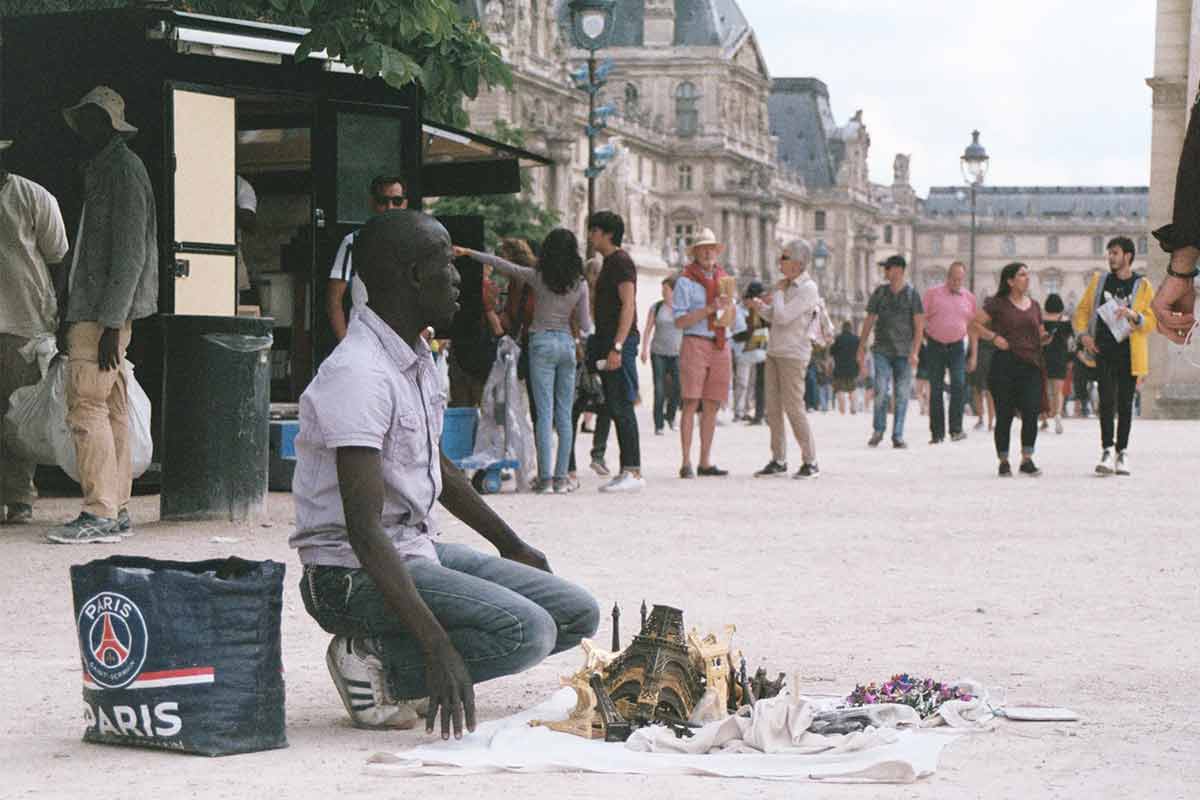
Winter on the other hand is a freezing nightmare: but in the summer, the temperatures range from 20 to 30 degrees Fahrenheit.
If you are visiting Paris outside of the summer month be sure to carry a compact umbrella like this one to avoid getting caught in the rain.
Paris is expensive all year round, but the busy times are the height of Summer and December (Christmas). If we had to pick a month, we’d say June.
This is because of the follwing reasons:
- The eco-friendly We Love Green festival, a festival that puts the emphasis on music and eco-responsibility.
- Fête de la Musique, which has a history that stretches back to 1982.
- The Django Reinhardt Jazz Festival, located on a small island on the Seine.
It worth getting a river shuttle pass to be able to explore Paris at your own pace within a 24 hours or 48 hour period on the sightseeing cruise.
Is Paris safe? Final words
Turns out, Paris is quite a safe place if you take the necessary measures.
Planning ahead will make your trip stress-free, so make sure you have the right equipment and steadfast conviction if something goes wrong.
Paris has bar none, the best galleries in the world, so if you’re visiting purely for getting cultural, no need to fear. Book your trip to Paris today!
Depending on how many days in Paris you have, you may want to take extra precautions especially when it comes to the area you choose to stay in.
Dear responsible traveler: This post may contain affiliate links, which means, if you click through and make a purchase, book a tour or a hotel, we may earn a small commission. This is at no additional cost to you. Your support means a lot and helps us to maintain the quality of this site.
